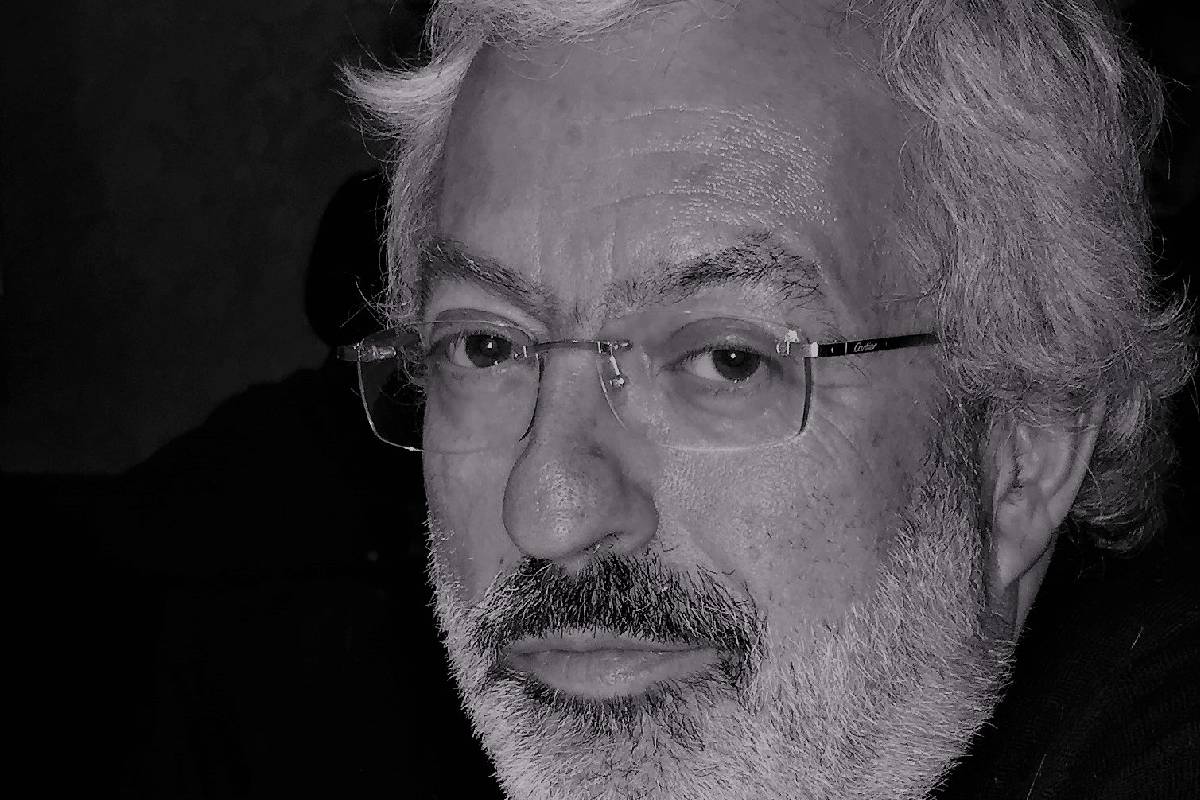Advanced Leisure Services, helping to shape the tourism of the future

Ángel Díaz, CEO of Advanced Leisure Services
What is Advanced Leisure Services exactly?
Advanced Leisure Services is a management consulting company that specializes in the tourism and leisure sectors. Since it was founded, the company has helped companies and institutions to develop their strategic vision, to innovate, and to generate partnerships with the aim of becoming more competitive. Our motto is “Building Wise Destinations.”
We have undertaken more than 500 projects for the private and public sectors.
In 2011, we created a new line of business dedicated to the management and enhancement of unique cultural and tourist resources. We now manage such well-known resources as the Gaudí Crypt in Colonia Güell, Montjuïc and Castelldefels Castles, the new Wax Museum in Barcelona and the Castle and Salt Mines in Cardona.
When was it founded?
We started to work in 1995, but the company was founded officially until 2001.
What do you like most about your job?
The challenges. The aim of our company is to ensure that tourism generates value and improves the lives of local residents. Concepts such as the Visitor Economy and Wise Destination, which incorporates sustainability, digitalization and social cohesion, help to do this.
Regarding the management of visitable resources, it is necessary to enhance the tourist value of relevant assets, generating positive results and a beneficial impact on their environment.
And what do you like least?
What is difficult is turning ideas into projects, and then putting the projects into practice. The politicization of technical decisions and the plethora of regulations directly prevent the development of innovative projects that meet the needs and take advantage of the opportunities caused by the constant changes in supply and demand.
What do you think makes your institution unique?
Innovation—detecting opportunities and shaping them, and generating partnerships to put them into practice. We are also good at identifying what needs to be done by management to achieve our aims.
What is your main challenge?
Understanding the enormous changes in many different fields: economic, social, demographic, environmental, digital areas, etc. This enables us to identify the opportunities generated by networks and interactions amongst disciplines and very diverse businesses, opportunities that meet the needs of consumers who are much more volatile and diverse than in the past.
Where is your entity located? Why was this location chosen?
Our main offices are in Casa Amatller on Passeig de Gràcia. The opportunity arose to move there and given the area we work in we thought this was ideal. We also have offices at each of the resources we manage. This helps one know to understand the very wide range of circumstances in Barcelona and the Metropolitan Area.
What do you like most about the neighborhood where you work?
Much of my time is spent between Passeig de Gràcia and La Rambla, the two most iconic streets in the city, in my opinion. They are vibrant streets that reflect the diversity of Barcelona and the people who live in it, living organisms that evolve continuously, not always without pain, and adapt to all the ups and downs that cities are subjected to.
How important is Barcelona for your company?
It is where we do most of our work and it is the basis of our international reputation. All the assets we manage are in the city or in its metropolitan area, and from the consulting point of view, Barcelona is a prestigious brand that opens doors in any corner of the world.
With which city would you compare Barcelona?
Barcelona is many cities in one. In addition to the hard aspects—monuments, urbanism, urban landscape, beach, metropolitan environment, and so on—there are the soft aspects such as climate, lifestyle, way of life. Together, they make up a mix that, from my point of view, is unique. It is very difficult to compare it with other cities, in general terms.
What city model should Barcelona adopt?
Barcelona should make more out of what it already is: bright cosmopolitan, welcoming, creative, a city that creates or incorporates new trends. It should also be have the same ambitions as Malaga, Bilbao, Copenhagen or Singapore, which have long-term projects that help them to compete on the world market and create added value, attract talent and investment, and generate better living environments.
What best practices from other cities would you like Barcelona to adopt?
I would like Barcelona to develop an urban, economic, and social development plan whose objectives are the global competitiveness of the city and the improvement of the well-being of its residents.
I would also like Barcelona to see itself as part of its metropolitan environment or as part of a supercity connected to connected to Madrid and Valencia, and it should evolve towards a model of zero emissions and encourage a circular economy.
What do you ask of the Barcelona of the future?
Modesty, to learn from others.
Intelligence, to identify factors of excellence.
Wisdom, to ensure that no-one is left behind and changes are made with as few tensions as possible.
Receptiveness, to forge a successful future based on collaboration and network thinking.
Ambition, to think big and ensure our place as world leaders.
Generosity, to share opportunities and work with those around us.
If you want to know the latest English news about Barcelona and the people who bring it to life, sign up to our Blog.







